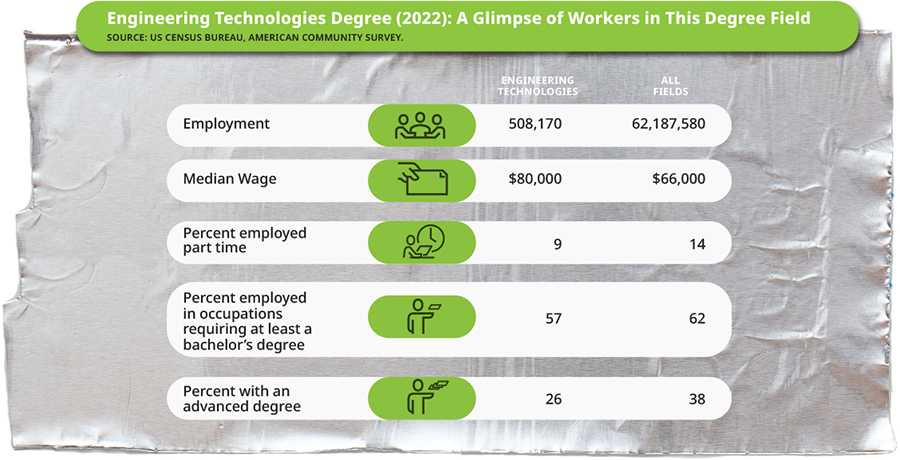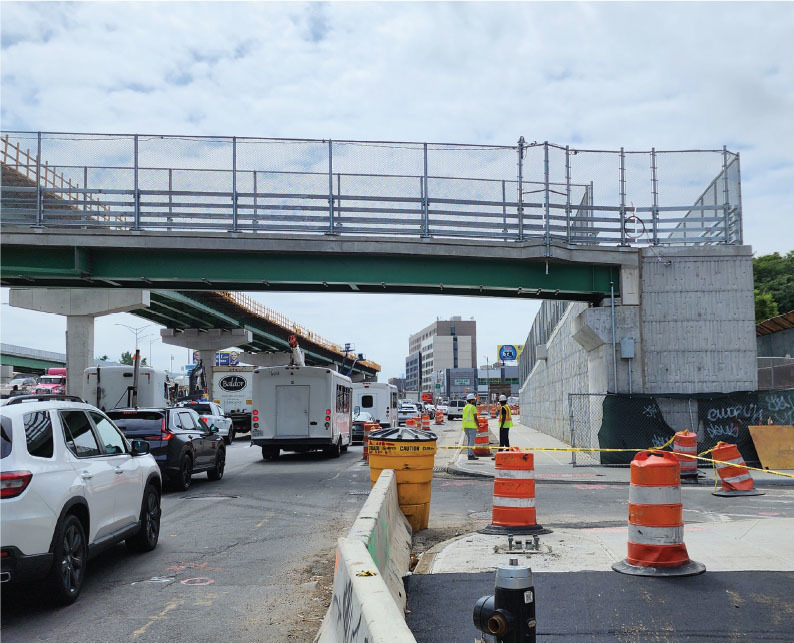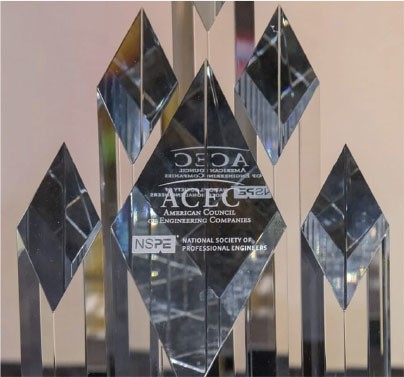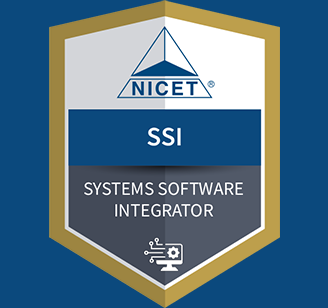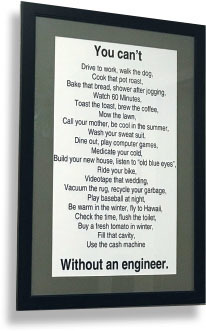July 2014
PE REPORT
Colorado Reciprocity Bill Fails
Legislation that would have expanded licensure reciprocity to military spouses in Colorado who are licensed design professionals failed to gain approval in the Colorado General Assembly. NSPE-Colorado opposed the legislation and viewed it as an attempt to weaken professional engineering licensure laws.
Under the current law, spouses of active-duty service personnel stationed in Colorado can practice in certain professions regulated by state law for one year without seeking state credentials if the spouse is licensed in another state. The law, however, does not apply to PEs, architects, surveyors, doctors, optometrists, individuals working with fireworks, and real estate agents.
 The bill (H.B. 14-1198), introduced in February into the House’s State, Veterans & Military Affairs Committee, would have expanded the reciprocity policy to all professions regulated by the state, including engineering, and increased the reciprocity period to three years. The legislation also would have extended the authority to practice a regulated profession to an active-duty service member and the children of that member.
The bill (H.B. 14-1198), introduced in February into the House’s State, Veterans & Military Affairs Committee, would have expanded the reciprocity policy to all professions regulated by the state, including engineering, and increased the reciprocity period to three years. The legislation also would have extended the authority to practice a regulated profession to an active-duty service member and the children of that member.
NSPE backs policies that support active-duty military personnel and veterans’ efforts to obtain or maintain previously acquired licensure as professional engineers. Engineering experience gained in the armed forces must be of a character equivalent to that which would have been gained in the civilian sector while doing similar work. Military applicants for licensure, active or recently separated, should have successfully graduated from an ABET-accredited engineering program in addition to passing the FE and PE exam to be eligible for licensure as a professional engineer.
The Society also encourages licensure boards to expedite the licensure process for military spouses who are licensed in other states and have left employment there to accompany a spouse relocated to another state due to a military transfer, while ensuring that requisite qualifications for licensure are met.


 Volunteering at NSPE is a great opportunity to grow your professional network and connect with other leaders in the field.
Volunteering at NSPE is a great opportunity to grow your professional network and connect with other leaders in the field. The National Society of Professional Engineers (NSPE) encourages you to explore the resources to cast your vote on election day:
The National Society of Professional Engineers (NSPE) encourages you to explore the resources to cast your vote on election day:


